01 - Realist Perspective on US-Cuba Relations: A Critical Analysis
http://dx.doi.org/10.31703/girr.2024(VII-II).0110.31703/girr.2024(VII-II).01 Published : Jun 2024
-
The United States of America emerged as a dominant state in the world in the aftermath of WW II along with the USSR. Where the USSR fell and disintegrated in 1991, the USA kept its dominance and control over the world, especially across the American continent. The USA and Cuba had a long co-existing history, things took a strange turn after Fidel Castro took power by throwing Batista out. The USA'... Details
-
US-Cuba Relations, Policy Recommendation, Theoretical Perspective, Realism
-
(1) Jazab-ur- Rehman
M.Phil. Scholar, Department of International Relations, Government College University Faisalabad, Faisalabad, Punjab, Pakistan.
(2) Tooba Islam
Visiting lecturer, Department of Political Science and International Relations, Government College Women University Faisalabad, Faisalabad, Punjab, Pakistan.
(3) Ghulam Mustafa
Associate Professor, Department of International Relations, Government College University Faisalabad, Faisalabad, Punjab, Pakistan.
02 - Role of Space Technology in India: The Perceived Threats and Recommended Measure
http://dx.doi.org/10.31703/girr.2024(VII-II).0210.31703/girr.2024(VII-II).02 Published : Jun 2024
-
India’s advancements in space technology have had significant implications for the South Asian region, particularly for Pakistan's neighboring countries. These papers examine the perceived threats posed by India’s space capabilities and propose strategic measures for Pakistan to address these challenges. By analyzing India’s space program history, current capabilities, and potent... Details
-
India, Space Technology, Pakistan, Security Threats, Strategic Measures
-
(1) Sheeba Irfan
Lecturer, Department of Political Science and International Relations, Gujranwala Institute of Future Technologies (GIFT) University, Gujranwala, Punjab, Pakistan.
(2) Ahmad Sheraz
Mphil Scholar, Department of International Relations, Minhaj University Lahore, Punjab, Pakistan.
(3) Muhammad Mukarram Babar
MPhil Scholar, Department of Political Science and International Relations, University of the Punjab, Lahore, Punjab, Pakistan.
03 - Role of China in Saudi-Iran Normalization: The Case of Soft Power
http://dx.doi.org/10.31703/girr.2024(VII-II).0310.31703/girr.2024(VII-II).03 Published : Jun 2024
-
Saudi Arabia is considered the head of the Muslim Ummah due to its affiliations with the two most holy places of the Muslim world. The country in the Middle East is also widely popular due to its oil reserves and its active role in world politics. Recently, the state developed some diplomatic tensions with another Muslim state i.e. Islamic Republic of Iran. Several states have played a crucial rol... Details
-
China, Saudi-Iran Conflict, Soft Powers, BRI, Good Office, Foreign Policy
-
(1) Chaudhri Shahid Mehmood
PhD Scholar, Department of International Relations, Muslim Youth University, Islamabad, Pakistan.
(2) Aftab Ahmed
PhD Scholar, Department of International Relations, Muslim Youth University, Islamabad, Pakistan.
(3) Asia Karim
Assistant Professor, Department of International Relations, Muslim Youth University, Islamabad, Pakistan.
04 - Analyzing the Russo-Ukrainian Conflict: Geopolitical Insecurities of Russia and
http://dx.doi.org/10.31703/girr.2024(VII-II).0410.31703/girr.2024(VII-II).04 Published : Jun 2024
-
This research delves into the geographical and historical factors underpinning the Russia-Ukraine war, exploring Russia's expansive strategies and the role of geography in its foreign policy. It highlights the conflict's extensive implications across the Eurasian region, manifesting in crises like global food and energy shortages, and shifting geopolitical alliances. By examining Russia's defensiv... Details
-
Russia-Ukraine War, Geopolitical Insecurity, Defensive Realism, Energy Crisis, International Relations
-
(1) Muhammad Naseeb Ikram
Graduate, Department of International Relations, University of Peshawar, KP, Pakistan.
(2) Faizan Saeed
Graduate, Department of International Relations, University of Peshawar, KP, Pakistan.
(3) Abdullah Amjad Ali
Graduate, Department of International Relations, University of Peshawar, KP, Pakistan.
05 - China's Economic Development Policy: An Analysis
http://dx.doi.org/10.31703/girr.2024(VII-II).0510.31703/girr.2024(VII-II).05 Published : Jun 2024
-
This study aims to analyze several developmental policies of the Chinese government that have helped China in becoming a major global power. Several elements, such as its policy initiatives, global commerce, and investments, have been studied to analyze China's economic expansion and its political influence globally. This study examines the applicable literature through qualitative research method... Details
-
China, Economic Growth, Foreign Investment, BRI, Technological Innovation
-
(1) Marwa Riaz
M.Phil. Scholar, Department of International Relations, Government College University Faisalabad, Punjab, Pakistan.
(2) Anwar Ali
Assistant Professor, (OPS), Department of Political Science, Government College University, Faisalabad, Punjab, Pakistan.
(3) Bilal Bin Liaqat
Assistant Professor, (OPS), Department of International Relations, Government College University Faisalabad, Punjab, Pakistan.

 Volume VII, Issue III (Summer 2024)
Volume VII, Issue III (Summer 2024) 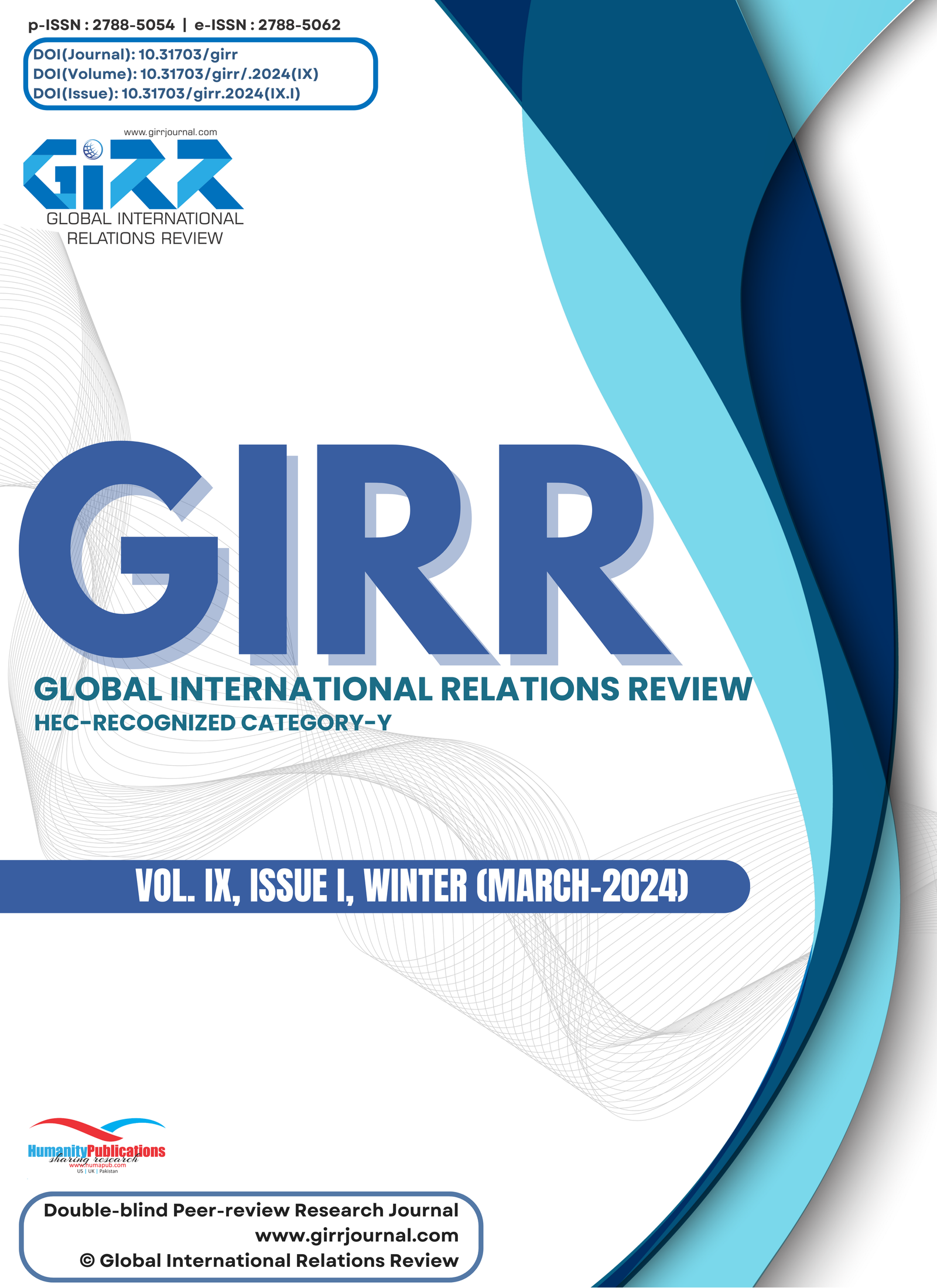 Volume VII, Issue I (Winter 2024)
Volume VII, Issue I (Winter 2024) 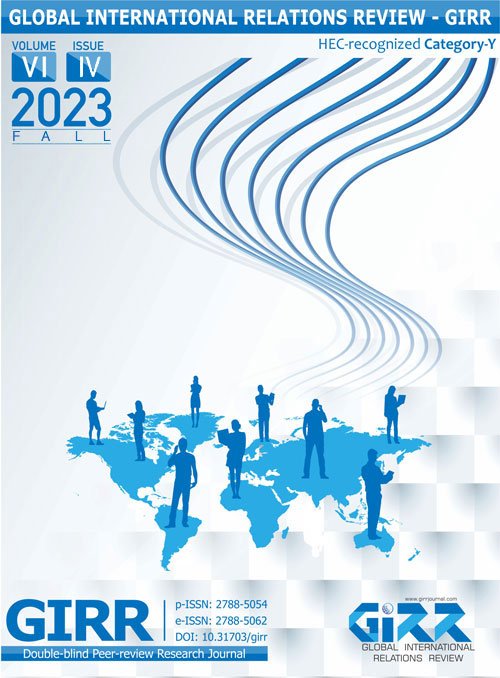 Volume VI, Issue IV (Fall 2023)
Volume VI, Issue IV (Fall 2023) 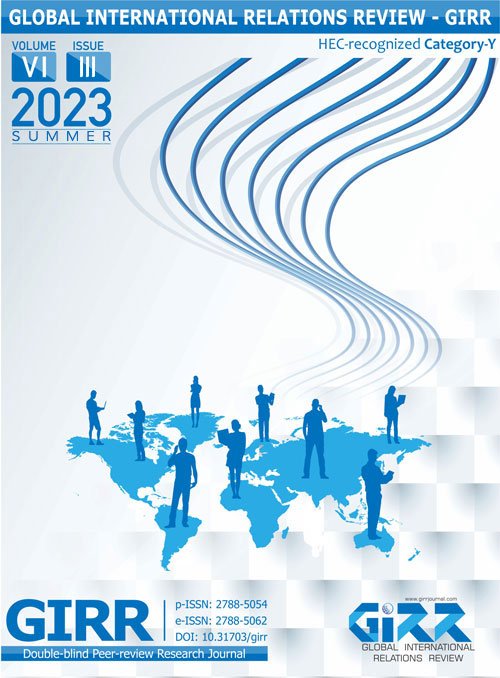 Volume VI, Issue III (Summer 2023)
Volume VI, Issue III (Summer 2023) 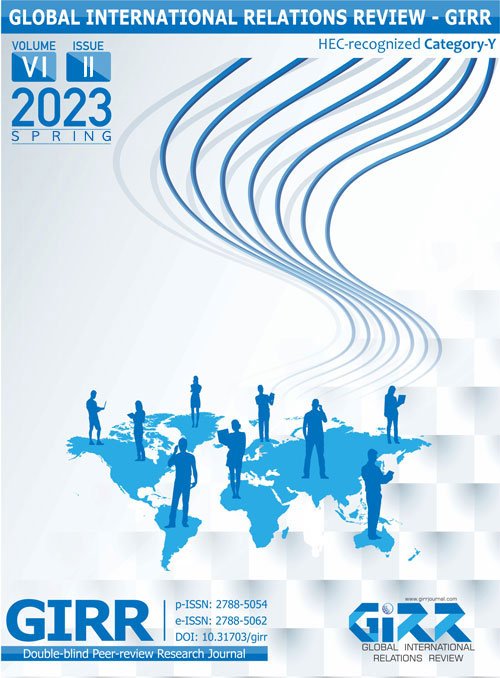 Volume VI, Issue II (Spring 2023)
Volume VI, Issue II (Spring 2023)  Volume VI, Issue I (Winter 2023)
Volume VI, Issue I (Winter 2023)  Volume V, Issue IV (Fall 2022)
Volume V, Issue IV (Fall 2022) 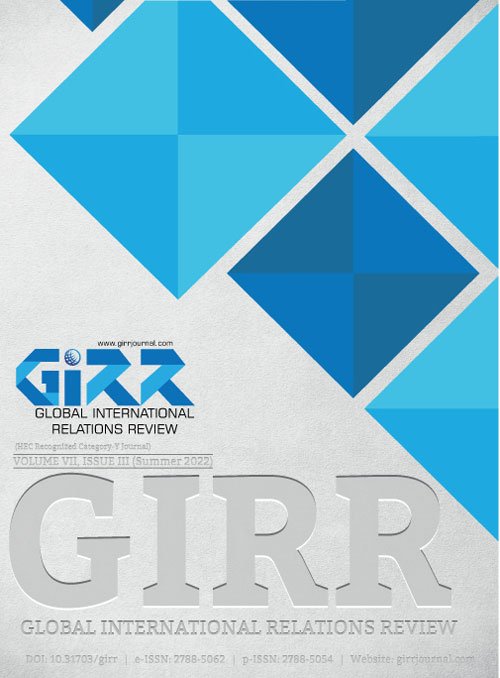 Volume V, Issue III (Summer 2022)
Volume V, Issue III (Summer 2022)  Volume V, Issue II (Spring 2022)
Volume V, Issue II (Spring 2022)  Volume V, Issue I (Winter 2022)
Volume V, Issue I (Winter 2022) 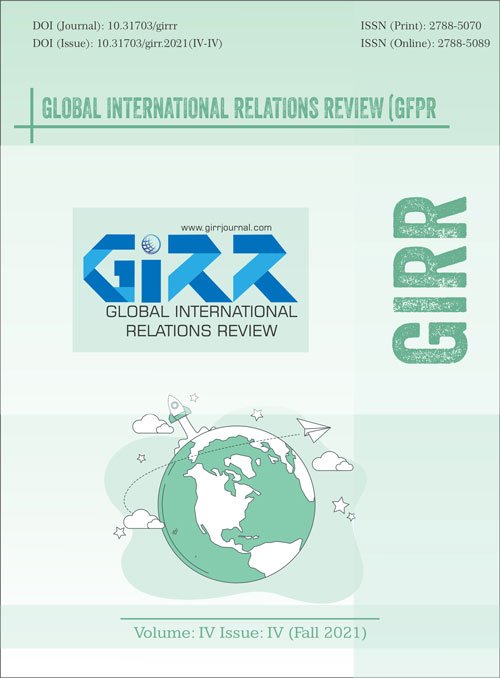 Volume IV, Issue IV (Fall 2021)
Volume IV, Issue IV (Fall 2021) 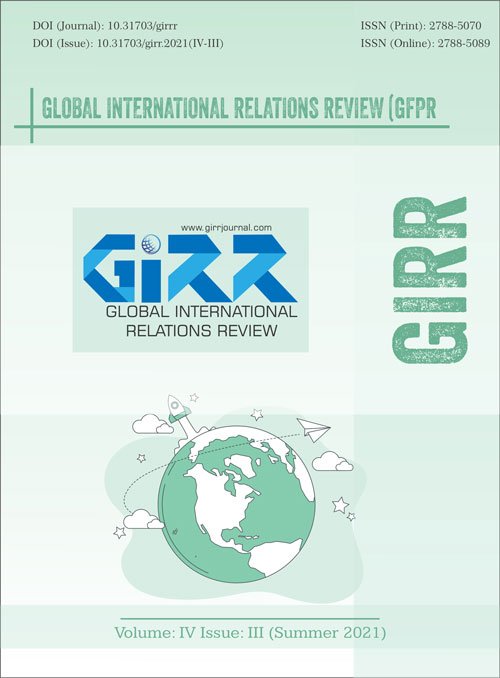 Volume IV, Issue III (Summer 2021)
Volume IV, Issue III (Summer 2021)  Volume IV, Issue II (Spring 2021)
Volume IV, Issue II (Spring 2021) 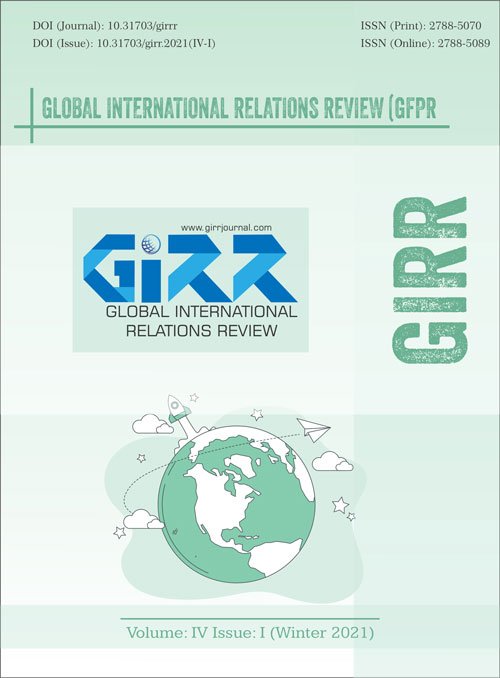 Volume IV, Issue I (Winter 2021)
Volume IV, Issue I (Winter 2021)  Volume III, Issue I (Fall 2020)
Volume III, Issue I (Fall 2020)  Volume II, Issue I (Fall 2019)
Volume II, Issue I (Fall 2019)  Volume I, Issue I (Fall 2018)
Volume I, Issue I (Fall 2018)